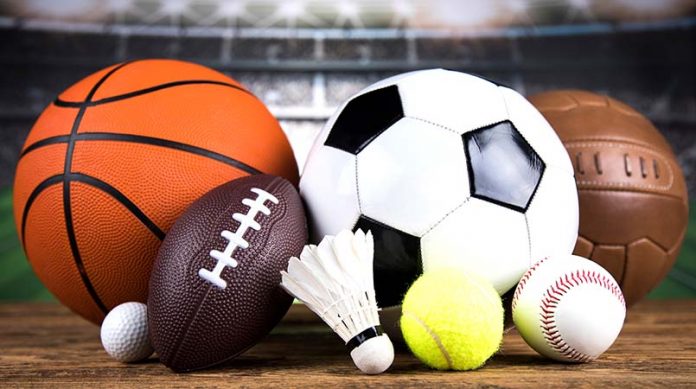By Stefanie Jackson – The Accomack school board at its June 21 meeting unanimously approved a policy on preventing student-athlete sudden cardiac arrest, which had come up for review for the first time since the related state law was adopted in 2020.
According to an information sheet provided by the school division, which is consistent with information from the American Heart Association, sudden cardiac arrest “is when the heart stops beating, suddenly and unexpectedly.”
Cardiac arrest is related to a heart attack, but the two conditions are not the same. A heart attack is caused by a blockage that stops blood flow to the heart, which can lead to cardiac arrest. However, cardiac arrest also can occur suddenly in an apparently healthy person with no blocked arteries.
Sudden cardiac arrest can result from a structural or electrical disease of the heart which predisposes a person to have an abnormal heart rhythm. These conditions in children are typically inherited.
Sudden cardiac arrest also can be caused by a blunt-force injury to the chest or the use or abuse of recreational or performance-enhancing drugs or energy drinks, the document continued.
Sudden cardiac arrest is the leading cause of death in the U.S. for both adults and student athletes. Every year, there are about 300,000 cardiac arrests that occur outside of hospitals and about 2,000 people under age 25 die from sudden cardiac arrest.
Warning signs of sudden cardiac arrest include: unexplained shortness of breath, dizziness, extreme fatigue, chest pains, racing heart, and fainting or seizures during exercise.
Sudden cardiac arrest is often fatal and must be treated quickly. Emergency responses to the condition include immediately calling 911, administering CPR, and using an automatic external defibrillator.
The symptoms of sudden cardiac arrest “can be unclear in athletes, since people often confuse these warning signs with physical exhaustion,” but ignoring the signs can be catastrophic, leading to permanent brain damage or death.
A student athlete who exhibits signs or symptoms of sudden cardiac arrest before, during, or after activity must be removed from play – all athletic activity. The student may return to play after being evaluated by a licensed physician, certified registered nurse practitioner, or cardiologist, and receiving clearance in writing.
One strategy for minimizing the risk of sudden cardiac arrest is requiring every student athlete to undergo an annual sports physical examination conducted by a doctor.
The information sheet emphasizes the importance of parents and guardians accurately answering the personal history and heart health questions on the student athletics parental consent forms provided by the Virginia High School League.
The document advises parents to be aware of anyone in the family who has been diagnosed with certain heart conditions, had an unexplained sudden death before age 50, or died suddenly during physical activity, during a seizure, or from SIDS (Sudden Infant Death Syndrome) or drowning.
Warning signs of potential heart issues include a family history of heart disease or cardiac arrest; a history of high blood pressure; fainting or seizures from physical activity or emotional excitement or distress; dizziness, lightheadedness, extreme fatigue, shortness of breath, or chest pain from exercise or other physical exertion; and heart palpitations.
Anyone with any of these warning signs should be further evaluated by a doctor.
Before an Accomack student may participate in extracurricular physical activity, the student and the student’s parent or guardian must sign an acknowledgment form that will accompany the physical exam form.
By signing, the student and parent acknowledge that Virginia Code 22.1-271.8 requires that they annually review the information provided by their school division on the symptoms of sudden cardiac arrest, and a student removed from play for signs of sudden cardiac arrest may not resume the physical activity without an evaluation and written clearance from a licensed health care provider, who may be a volunteer.



